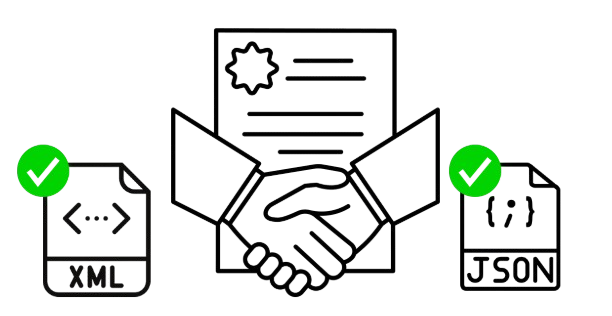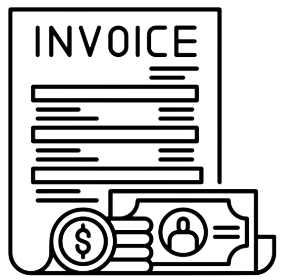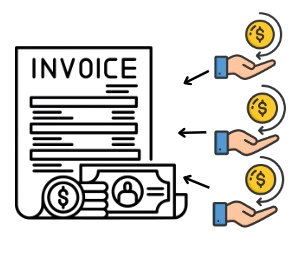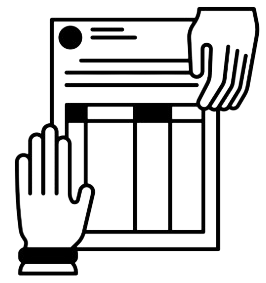What is E-Invoice?
An e-invoice, or electronic invoice, is a digital version of a paper invoice that is exchanged between a supplier and a buyer in a structured electronic format. Types of documents that require E-Invoicing are Credit Note, Debit Note, Invoices and refund.
E-Invoices are processed in a structured format that allows for automatic processing. The formats are XML and JSON files only. The e-invoice format is standardized to ensure compatibility between different systems and to facilitate the exchange of invoices between businesses and government agencies.

The Benefits of E-Invoice

✅ Reduced Errors: E-invoicing minimizes manual data entry, leading to fewer mistakes in invoice processing.

✅ Digitalise tax and financial reporting: Ensures that your e-invoices comply with local regulations and standards.

✅ Facilitate efficient tax filing: Seamlessly integrates with other business systems, allowing for efficient and accurate tax reporting.

✅ Cost Savings: Reduces costs associated with paper invoices, such as printing, postage, and storage.

Standard e-Invoice
- Used for B2B & B2G transactions.
- Submitted to LHDN via MyInvois for validation.
- Approved invoices get a Unique Invoice Number (UIN) & QR Code.
- Common for tax compliance.

Consolidated e-Invoice
- Used by B2C businesses for bulk transactions.
- Combines multiple sales into a single e-Invoice.
- Ideal for retail, logistics, FMCG, & subscriptions.
- Enhances tax compliance & reduces paperwork.

Self-Billed e-Invoice
- Buyer generates the invoice instead of the seller.
- Common in high-volume procurement & agent commissions.
- Reduces disputes & ensures tax accuracy.
- Requires prior LHDN approval & supplier agreement.
LHDN E-Invoice: What are the Penalties for Non-Compliance?
Compliance with the Malaysian Inland Revenue Board’s (LHDN) E-Invoice mandate is obligatory, and failing to adhere to it can lead to significant repercussions for your business. Here’s what you should be aware of:
Fines: Failing to comply with e-invoice regulations can result in significant financial penalties ranging from RM200 to RM20,000.
Imprisonment: Non-compliance may even lead to imprisonment for a period not exceeding six months. This highlights the seriousness of the LHDN mandate.
More info: Offences, Fines and Penalties | Lembaga Hasil Dalam Negeri Malaysia
